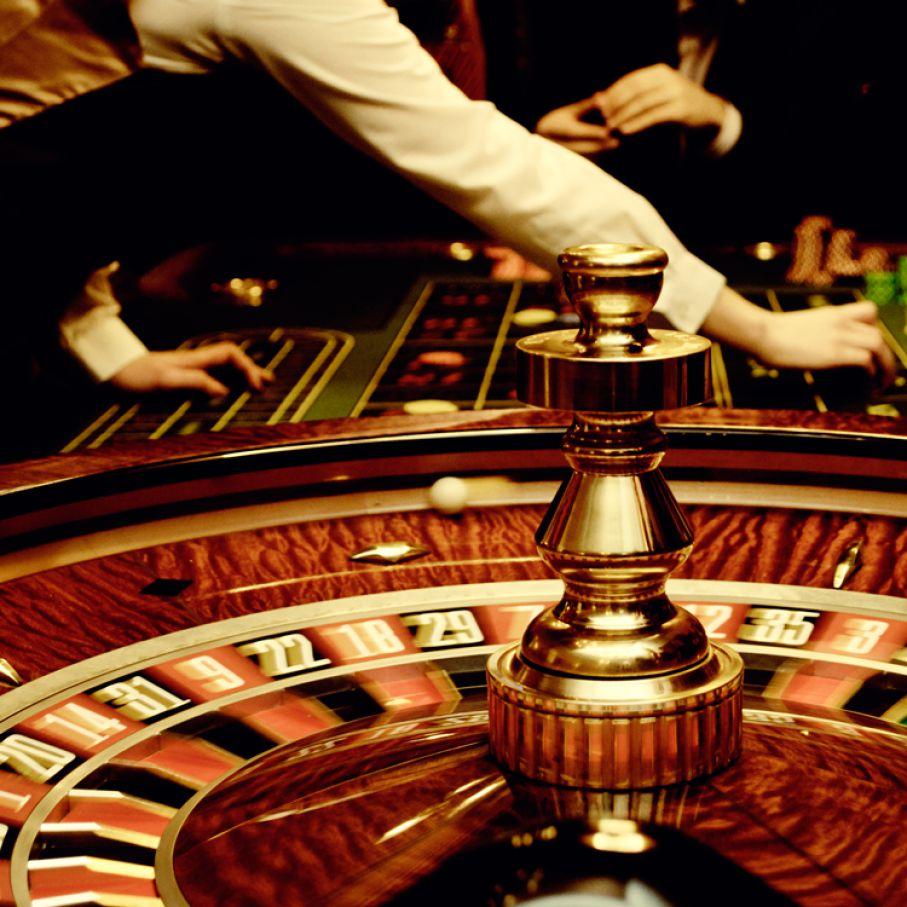Investigating Tabletop Games: Beyond Randomness

When we think of casino activities, the initial pictures that often cross our minds are those of rotating wheel devices, card chips clattering on felt surfaces, and cubes flying across a betting area. While numerous consider these activities as mere hobbies fueled by chance, a deeper exploration reveals a captivating blend of strategy, expertise, and community interaction that elevates them far beyond basic luck. Whether you are a seasoned player or a curious newcomer, understanding the nuances of these games can significantly enhance your experience and appreciation.
Gambling activities have evolved over centuries, with various cultures contributing to their diverse backgrounds and variations. From the intricate strategies of blackjack to the deception methods in poker, players engage in a contest of wits as much as a gamble on odds. This dynamic interplay between luck and expertise creates a thrilling atmosphere that draws millions to casinos worldwide. As we delve into the realm of table activities, we will reveal the strategies that can shift the odds in your advantage and the social elements that make these activities a popular choice for entertainment and interaction.
A Approach Behind Table Gaming
Casino games frequently involve a mix of ability and luck, which makes them fascinating for players who like a challenge. Every game has their own set of rules and strategies that can affect the outcome. For example, in games like 21, participants are obliged to use tactics like card counting and grasping the probabilities to make smart decisions. This expertise can greatly improve their winning potential, distinguishing experienced participants from beginners who may depend entirely on luck.
Conversely, games such as the roulette may seem to be entirely based on luck, but strategic thinking can also come into the equation. Players can choose between different wagering strategies, such as the Martingale strategy, where they raise their wagers after a loss. This method can establish a more controlled approach to the game. Grasping the probabilities of specific wagers can also assist participants make better decisions on the roulette table, showcasing that even in games of chance, tactics can enhance the enjoyment.
Additionally, the game of poker is notable as a title that heavily focuses on tactics. In contrast to most gaming games, the game of poker combines ability, psychology, and chance. Participants must also focus on the cards they are dealt but also consider their opponents actions and wagering patterns. Mastering concepts like position, pot odds, and reading bluffs is crucial for success. This complexity of strategy in poker often leads to a more immersive encounter for players, as the choices and abilities greatly affect the match’s results.
Understanding Chance and Ratios
In the realm of gambling activities, probability and odds have a critical role in deciding a gambler’s possible results. Every activity has its own set of guidelines that define how the chance of succeeding or losing is measured. For instance, in matches like blackjack, players have a chance to influence their ratios through tactics, whereas in games like roulette, the outcomes are purely governed by chance. Grasping how these probabilities are measured can significantly affect how a player deals with the match.
Odds are typically shown in two forms: ratio and decimal. Fractional odds indicate the ratio of the sum won to the amount bet, whereas decimal ratios show the overall payout for a successful bet, including the initial bet. casino francais en ligne For example, if a match has ratios of 5 to 1, this implies that for every one dollar staked, a gambler could gain five dollars if successful. Learning how to understand these ratios allows gamblers to evaluate their potential winnings and make more informed choices during play.
Gamblers should also be aware of the house edge, which is the casino’s built-in benefit over the gamblers. Each game has a different house edge, and grasping this concept is essential for handling one’s hopes and bankroll. Games with a reduced advantage, such as 21 and chemin de fer, typically offer superior odds for gamblers compared to activities like slot machines and lottery. By acknowledging the connection between probability, ratios, and the casino advantage, players can enhance their gambling experience and plan more efficiently.
The Social Aspect of Table Gaming
Casino games at gaming establishments are often seen as a center of community engagement, drawing participants together in a shared experience that extends far beyond the mere act of playing games. The atmosphere at a blackjack table can be electric, with players engaging not only with the game itself but also with each other. Laughter, excitement, and, occasionally, playful teasing create connections that enhance the overall enjoyment of the gaming experience. This communal aspect can turn a solitary endeavor into a lively gathering, making table games particularly enticing.
One of the intriguing elements of gaming at tables is the way it fosters friendship among players. Whether it’s teaming up to beat the dealer at a craps table or exchanging tales between hands in a poker game, the environment encourages communication. Participants often share tips or strategies, creating a sense of community that boosts the fun. This interpersonal atmosphere can make new players feel included and less intimidated by the competitive nature of casino games. As the game continues, friendships may form, leading to a sense of belonging that keeps participants coming back to the table.
Moreover, the social aspect of table gaming extends beyond just the players. Dealers play a vital role in facilitating interaction and maintaining the flow of the game. Their ability to engage players with warm dialogue and their expertise in managing the table can create an inviting atmosphere. This relationship between participants and staff adds another layer of enjoyment, where players feel bonded not only to each other but also to the staff. Such interactions are often what make the experience unforgettable, as participants leave with tales to tell and relationships made, reinforcing the notion that gaming at tables are truly about more than just chance.